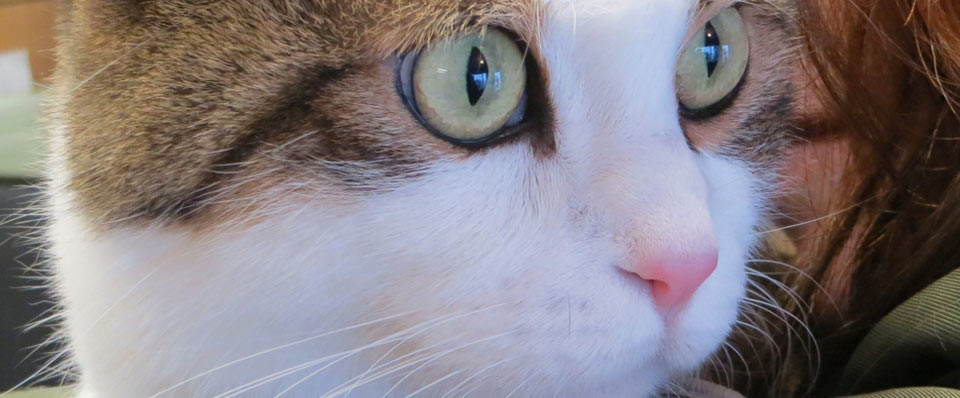Selecting which diet to feed your pet can be a difficult, yet very important decision you make to help keep your pet happy and healthy for as long as possible. There are many things to consider in selecting this diet. The first thing to consider is the age of your pet, it is important to feed according to whichever lifestage they are in. Puppies and kittens have different nutrient requirements from adults, which have slightly different requirements from many seniors. Pregnant and lactating pets also have specific dietary requirements. We are happy to discuss specific life stage recommendations with you.
The next consideration is the breed and lifestyle of your pet and their general health combined with your concerns and observations. As veterinary professionals, we can look at these factors and come up with a list of the most likely concerns for your pet. For example, one pet may be predisposed to joint and dental problems and have a poor coat, while another is predisposed to bladder stones, weight gain and has a high stool volume. We can use our experience, extra education, training, and our knowledge of your pet to come up with diet recommendations specifically tailored to your pet.
If your pet has a medical condition, like liver or kidney disease, heart disease, cognitive dysfunction, dental disease or allergies we will often recommend a veterinary exclusive (sometimes called prescription) diet. This is because they have been specially researched, formulated and undergone trials that show they support the specific health needs of your pet and contribute to their quality of life. You should not feed certain veterinary diets to your pet without a specific recommendation from your veterinary team, and be sure to let us know if something changes with the health of your pet so we can be sure you are feeding the best food for them.
If your pet is happy and healthy with no specific medical concerns, they do not need a veterinary exclusive diet, but there are a few reasons why many people choose one anyway.
- There are very few rules and regulations about pet foods and almost no accountability– the exclusive diets must meet rigorous standards and the companies are accountable to the veterinary community.
- Many foods are not researched or put through feeding trials, developed or monitored by a veterinarian or even a nutritionist. These things are very expensive and time consuming. All veterinary exclusive diets have extensive research by tiers of veterinary and nutritional specialists, and large feeding trials, some of which go back for decades.
- Some food companies use whatever ingredients are available without ensuring the source is consistent or safe.
- Some companies rely on you thinking about your pet’s food like you think about your own food and this can be misleading, check out the common pet food myths section to learn more.
Veterinary exclusive diets use high quality, consistent ingredients and guarantee their product. If you or your pet are not satisfied with their food you get your money back. In the unlikely event that there is a contamination event, they can trace the ingredients down to the batch and offer fully reimbursed medical examinations and necessary testing to any and all pets that may have been exposed. In short, many people choose a veterinary exclusive maintenance diet because they are high quality, well researched and safe and cost the same or less than many ‘boutique’ pet foods.





